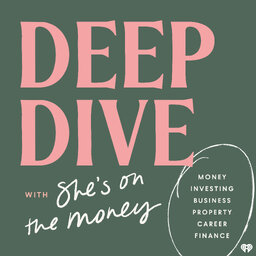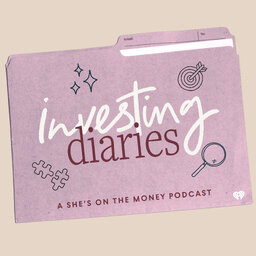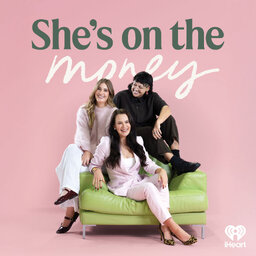Getting Fired Was the Best Thing That Ever Happened to Me
Can being fired actually be the best thing that ever happens to you? This week’s Money Diarist was blindsided by her boss and the universe when she got fired from her $60k job—just months after they gave her a bonus. She was left feeling overwhelmed, lost, and battling imposter syndrome. Fast forward: she's now thriving with a six-figure income, a stellar investment portfolio, and a no-property-required path to financial freedom. When life throws curveballs; this is how you hit them out of the park. Tune in to hear this inspirational story!
Acknowledgement of Country By Natarsha Bamblett aka Queen Acknowledgements.
The advice shared on She's On The Money is general in nature and does not consider your individual circumstances. She's On The Money exists purely for educational purposes and should not be relied upon to make an investment or financial decision. If you do choose to buy a financial product, read the PDS, TMD and obtain appropriate financial advice tailored towards your needs. Victoria Devine and She's On The Money are authorised representatives of Money Sherpa PTY LTD ABN - 321649 27708, AFSL - 451289.
In 1 playlist(s)
She's On The Money
Millennial money expert Victoria Devine shares her foolproof tips for financial freedom.Social links
Follow podcast
Recent clips

Is a Bridging Loan Worth the Risk? And The Dating Money Red Flags We Can’t Ignore
31:47

How to Buy Property in 2026: Everything You Need to Know Before Getting a Mortgage
38:51

Bec's Investing Confessions: Her First Year in the Share Market
40:19
 She's On The Money
She's On The Money